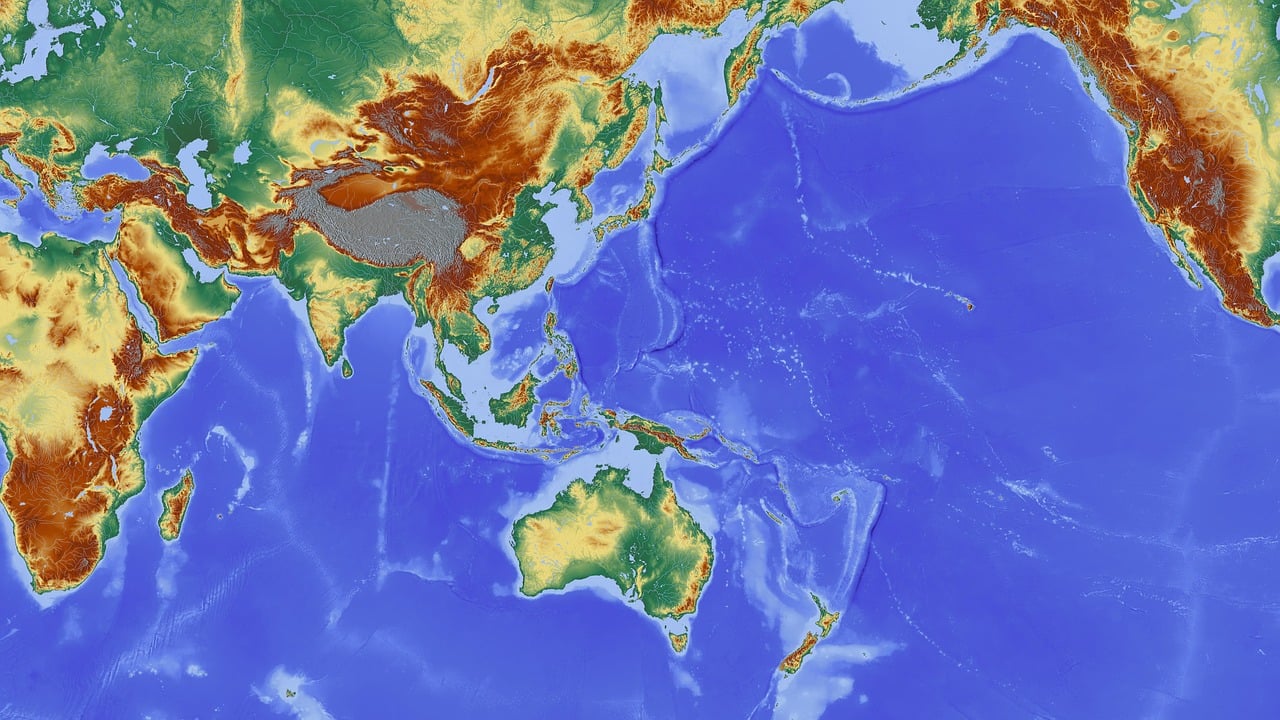Two years ago, in a previous blog, we said the bell had not yet tolled for outsourcing. But that might be a gentle ringing you hear in the distance….
The High Court of Australia’s decision in Helensburgh Coal Pty Ltd v Bartley & Ors [2025] HCA 29 (Helensburgh Coal case) has increased the risk profile of redundancy programs where other functions in the business are being performed by contractors. Businesses facing unfair dismissal claims may now have to convince the Fair Work Commission that it would not have been reasonable to make changes to their enterprise to “insource” those functions. A flow-on effect may be that businesses are less willing to take the risk associated with outsourcing work in the first place.
Why would an employer need to think about insourcing contractor work during a redundancy program?
Unfair dismissal claims cannot be made by an employee who is “genuinely redundant”. That depends (at least in part) on whether it would have been “reasonable in all the circumstances for the person to be redeployed”. Up until now, there was a general understanding that someone could only be redeployed if there were vacant employment positions to put them into, and that there was no need to create jobs.
However, the High Court has now confirmed “redeployment” is not limited in that way – it will include looking at whether the employer could reasonably have made changes to how it uses its workforce to operate its business, including whether it could free up work for the redundant employee to perform.
In the Helensburgh Coal case, this meant looking at the use of contractors. The employer had longstanding contractors who were continuing to provide services to the company, and the impacted employees argued that the company should insource that work to the redundant employees, who had the requisite skills and experience. The High Court’s decision means that the Fair Work Commission was permitted to examine whether it was reasonable for the company to cease using the contractors to do that work and use the impacted employees instead.
As a result, whether a “genuine redundancy” has occurred will in some cases now depend, at least in part, on the Fair Work Commission’s assessment of whether it would have been reasonable for the employer to reorganise its business to create jobs including by insourcing work performed by contractors.
What does this mean for outsourcing?
The decision does not mean that employers cannot outsource work or that there is a legal obligation in every situation to replace contractors or labour hire workers with employees whose positions are redundant. However, any employer who proceeds with redundancies while still using contractors or labour hire is likely to face higher risks of a dispute, even if the impacted employees would require some retraining to perform the relevant work.
In any dispute about “genuine redundancy”, the employee(s) or their union could seek access to detailed business records, and ask the Fair Work Commission to assess whether that evidence shows it would have been reasonable to decide not to use any contractors or to insource functions that would have provided the redundant employees with ongoing work.
We will need to wait to see how many cases end up in these kinds of disputes, and how many employers are willing to defend their ongoing use of contractors or outsourcing.
Will businesses still be able to justify the continuing use of contractors if they are reducing the number of employees?
The Helensburgh Coal case related to a particular situation where:
- the work being performed by the contractor workforce (conveyor belt maintenance) was work that was intimately connected with the work of the impacted employees;
- there was evidence that the impacted employees could have relatively easily undertaken that work – because they had worked for the contractor in the past and had experience doing the work that was being performed by the contractor workforce; and
- the Commission had determined that Helensburgh Coal was “not philosophically opposed to insource work by removing contractors”.
While each circumstance will be different, we expect that businesses going through redundancy programs will need to justify the ongoing use of contractors or labour hire by pointing to the reasons that:
- the use of contractors or labour hire to perform particular work remains important to the business’s operating model – this might relate, for instance, to the specialist skills required or the short-term or temporary nature of the tasks being performed by the contractor workforce. There might be other reasons too;
- the impacted employees could not perform the tasks being performed by the contractor workforce – for example, the employees might require technical qualifications or skills that would take many years to gain, or the work is irregular and sporadic.
If the employer does decide not to make a change to the way in which it operates its business, it will need to ensure the reasons for doing so are lawful, commercial and sensible, and should keep a careful record of them.
More generally, the decision emphasises the growing tension in Australian workplaces between:
- unions pursuing their preference for direct employment, including their aversion to outsourcing any aspect of a business’s operations; and
- business seeking more flexibility with how and when they organise their operations, and engage labour, in the face of fast-paced changes in the operating environment and ever-increasing regulatory complexity and fixed costs.
We expect to see more development, both in legislation and case law, in this area as employers and employees – and governments – grapple with these opposing forces.
Subscribe to receive the next Workplace Law & Strategy blog direct to your inbox.






